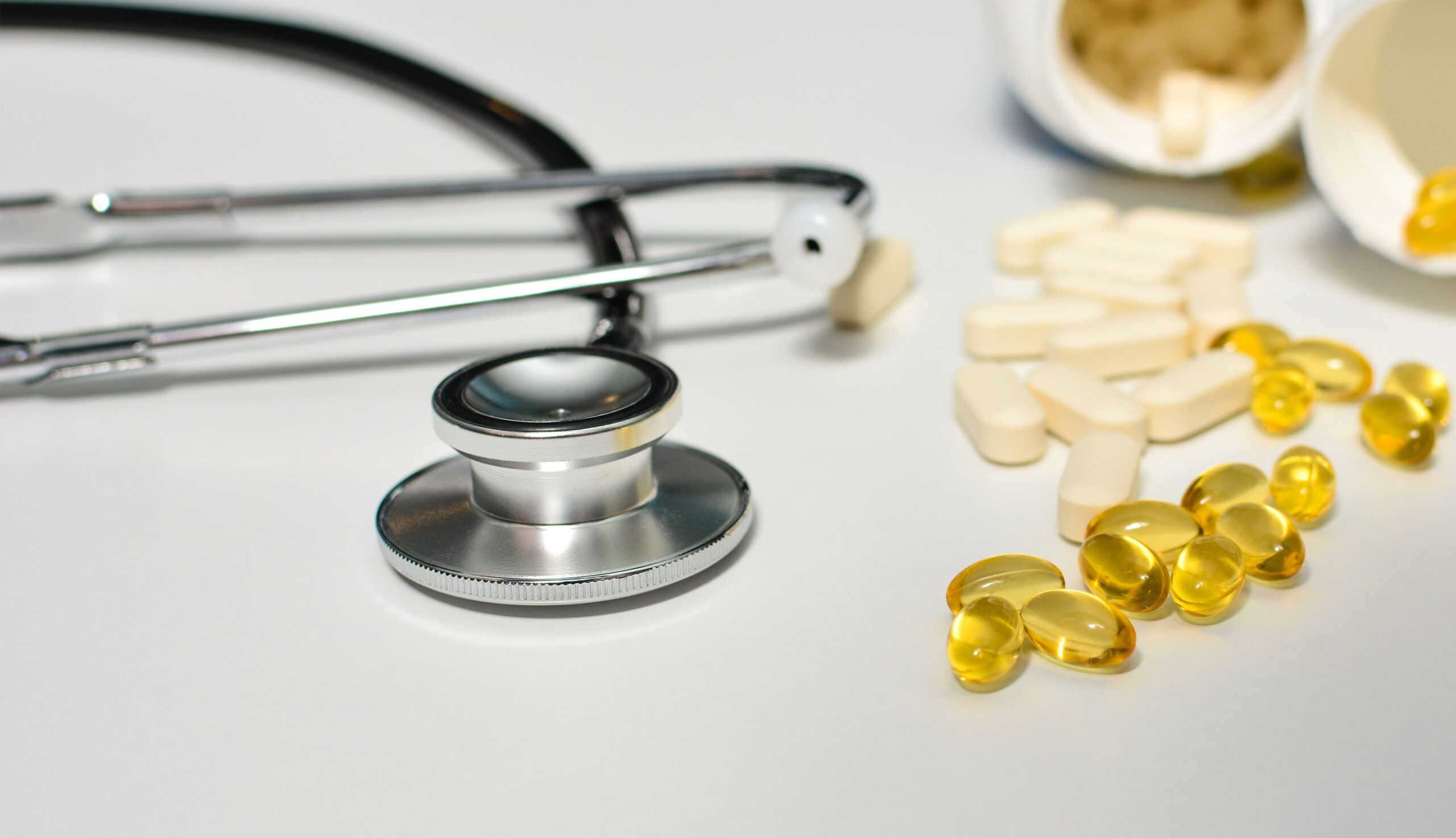Can Vitamin D and Zinc Lower Your Risk for COVID-19?
By William M. Healy, M.D.
Scientific evidence supports the fact that vitamin D (in combination with calcium intake), helps prevent bone loss. As a result, scientists wonder whether vitamin D has a role in preventing the virus that causes COVID-19. Research indicates that vitamin D plays an important role in enhancing our immune response and now observational studies suggest a correlation between low Vitamin D and higher rates of COVID-19 infection.
Not only does Vitamin D enhance immune cells, it also enhances T-cells, which help protect the body against pathogens. Conversely, low levels of vitamin D has been associated with increased susceptibility to infection, disease, and immune-related disorders, such as tuberculosis, asthma, chronic obstructive pulmonary disease (COPD), viral, and bacterial infections. Vitamin D deficiency can cause decreased lung function, which may affect the body’s ability to fight respiratory infections.
The mineral zinc is important to a healthy immune system and has been known to help fight colds and upper respiratory infections. Taking zinc within 24 hours of the first signs of a cold can shorten its duration and help make symptoms less severe. Zinc helps fight infections by boosting the production of antibodies against infections. In past studies, the World Health Organization reported that zinc deficiency may be responsible for 13 percent of all lower respiratory tract infections, most often pneumonia and flu, in children younger than five years.
Zinc deficiency is also common in the elderly, who are most likely to be severely affected by coronavirus. Medical experts think having a zinc deficiency may be one of the reasons seniors are more susceptible to infections. Zinc is truly essential for seniors because even a mild zinc deficiency can compromise their immune systems.
Spending 15 minutes daily exposing your skin to the sun without getting burned is a good source of vitamin D, as is salmon, mackeral, sardines, milk fortified with vitamin D, fortified cereals, and fortified juices. Dietary sources of zinc include beans, green vegetables, mushrooms, cocoa and cocoa powder, nuts, oysters, beef, lamb, poultry, shrimp, and scallops.
While there is currently no conclusive evidence that taking any supplement reduces your risk of developing COVID-19, there is no better time to ensure that you are doing everything possible to maintain your own health and your immune system. To ensure that you are receiving adequate amounts of both vitamins D and zinc, it is important to consult with your medical provider regarding supplementation and proper dosing. As always, adhering to suggested guidelines such as masking, social distancing, frequent handwashing, and limiting your time in public continue to remain our best defense against contracting coronavirus.
William M. Healy, M.D. specializes in Internal Medicine and Geriatrics, and is located at 2235 Millersport Hwy, Suite 100. Call 716-204-5933 to make an appointment or visit www.MDVIP.com/WilliamHealyMD.











